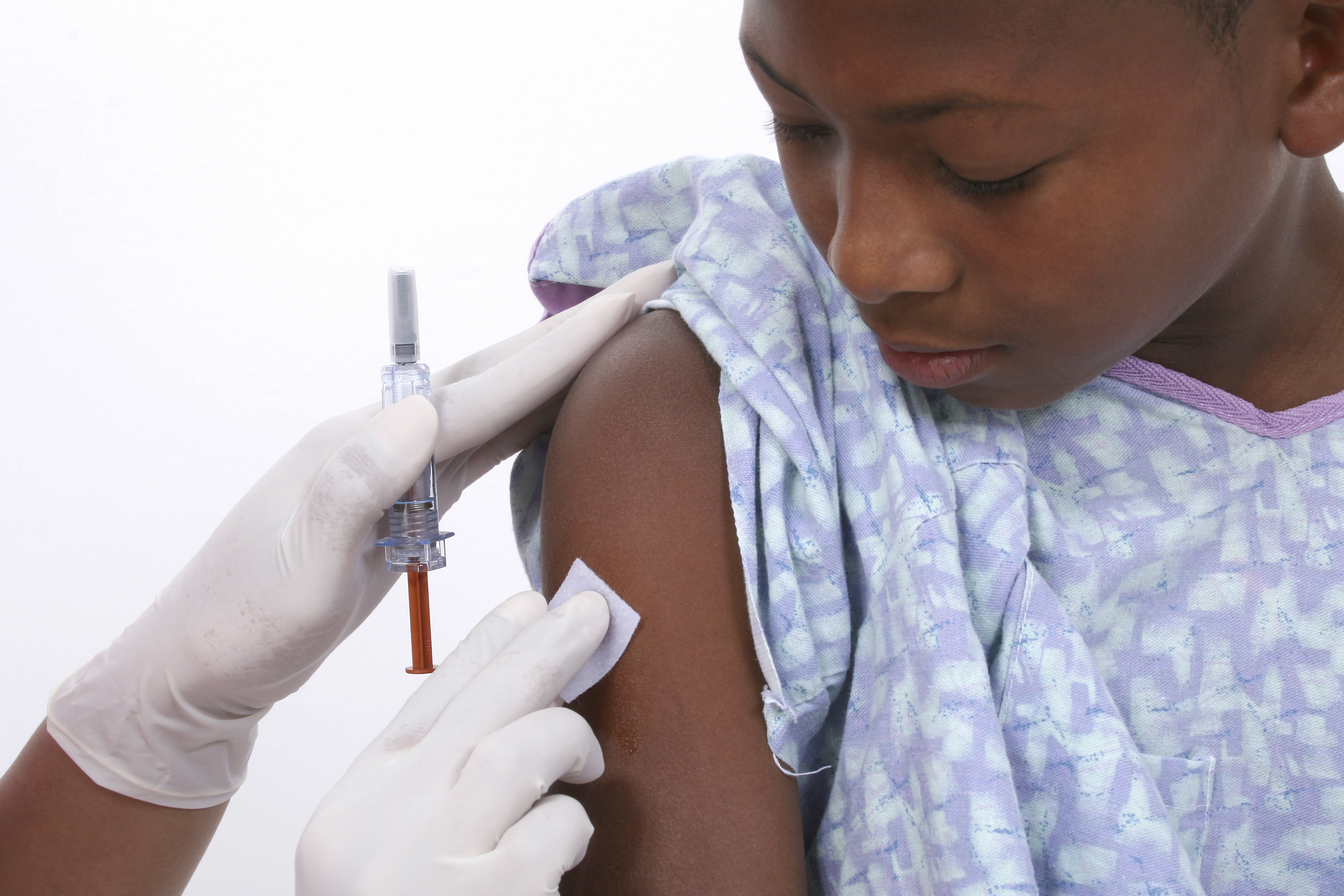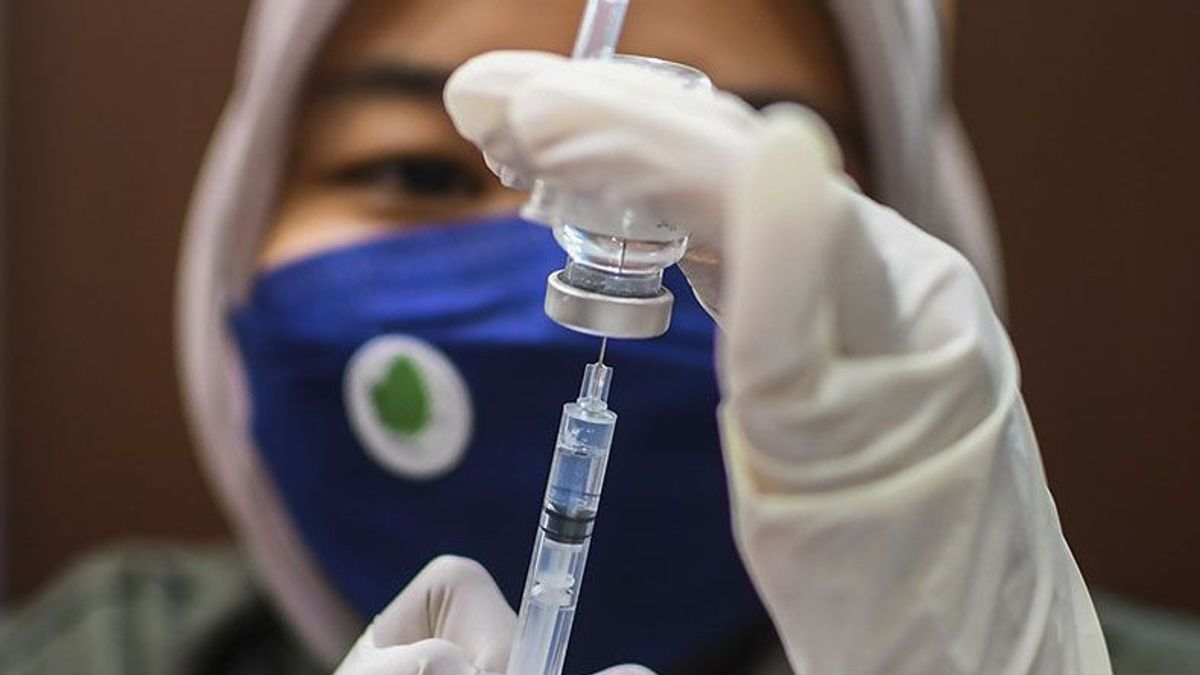Understanding Vaccination: A Comprehensive Guide to Immunization
Table of Contents
- ‘Lack of global solidarity’, slow vaccination rates put Indonesia in ...
- covid19 vaccine n vaccination
- Difference Between Vaccination and Immunization | Globally Info
- Total 505 Million Vaccine Doses Received By Indonesia From Partner ...
- World Immunisation Week | Part 3 | Vaccines and Immunisation – Vigyan ...
- Fast fact: Vaccination vs. immunization
- Indonesia plans fifth Covid-19 vaccine dose to high-risk groups | The Star
- Uneven distribution, bureaucracy hamper Indonesia's COVID-19 national ...
- How Have Vaccinations Impacted Society Today? | ProVise
- Indonesia's Bold Shift: Streamlining COVID-19 Vaccinations



History of Vaccination



Types of Vaccines



Benefits of Vaccination
Vaccination offers numerous benefits, including: Disease prevention: Vaccines prevent the spread of infectious diseases, reducing the risk of illness and death. Herds immunity: When a sufficient percentage of a population is vaccinated, it prevents the spread of disease and protects those who are unable to receive vaccines, such as individuals with weakened immune systems. Cost savings: Vaccination can reduce healthcare costs by preventing expensive treatments and hospitalizations.
Importance of Vaccination
Vaccination is essential for maintaining public health and preventing the spread of infectious diseases. According to the World Health Organization (WHO), vaccination has prevented millions of deaths worldwide and has been instrumental in eradicating diseases such as smallpox. However, despite its importance, vaccination faces challenges such as vaccine hesitancy and misinformation. In conclusion, vaccination is a crucial tool in preventing the spread of infectious diseases and protecting public health. With its rich history, various types, and numerous benefits, vaccination has saved millions of lives worldwide. It is essential to continue promoting vaccination and addressing challenges such as vaccine hesitancy to ensure that everyone has access to this life-saving intervention. By understanding the importance of vaccination, we can work together to create a healthier and safer world for all.For more information on vaccination, visit Vaccination - Wikipedia or consult with a healthcare professional.
Note: This article is for general information purposes only and is not intended to provide medical advice. Consult with a healthcare professional for personalized advice on vaccination.